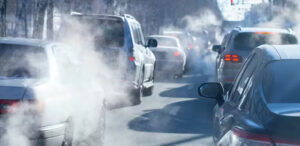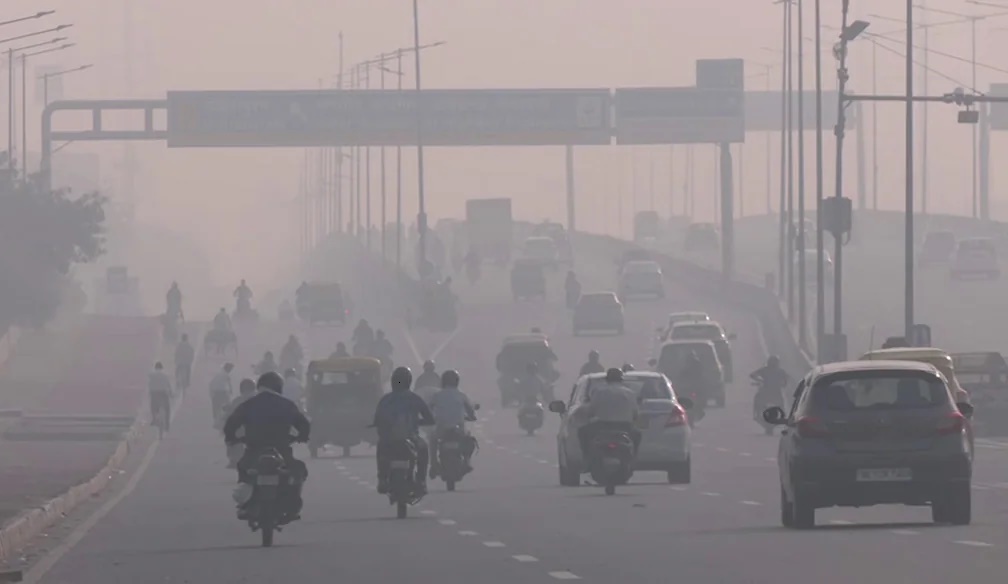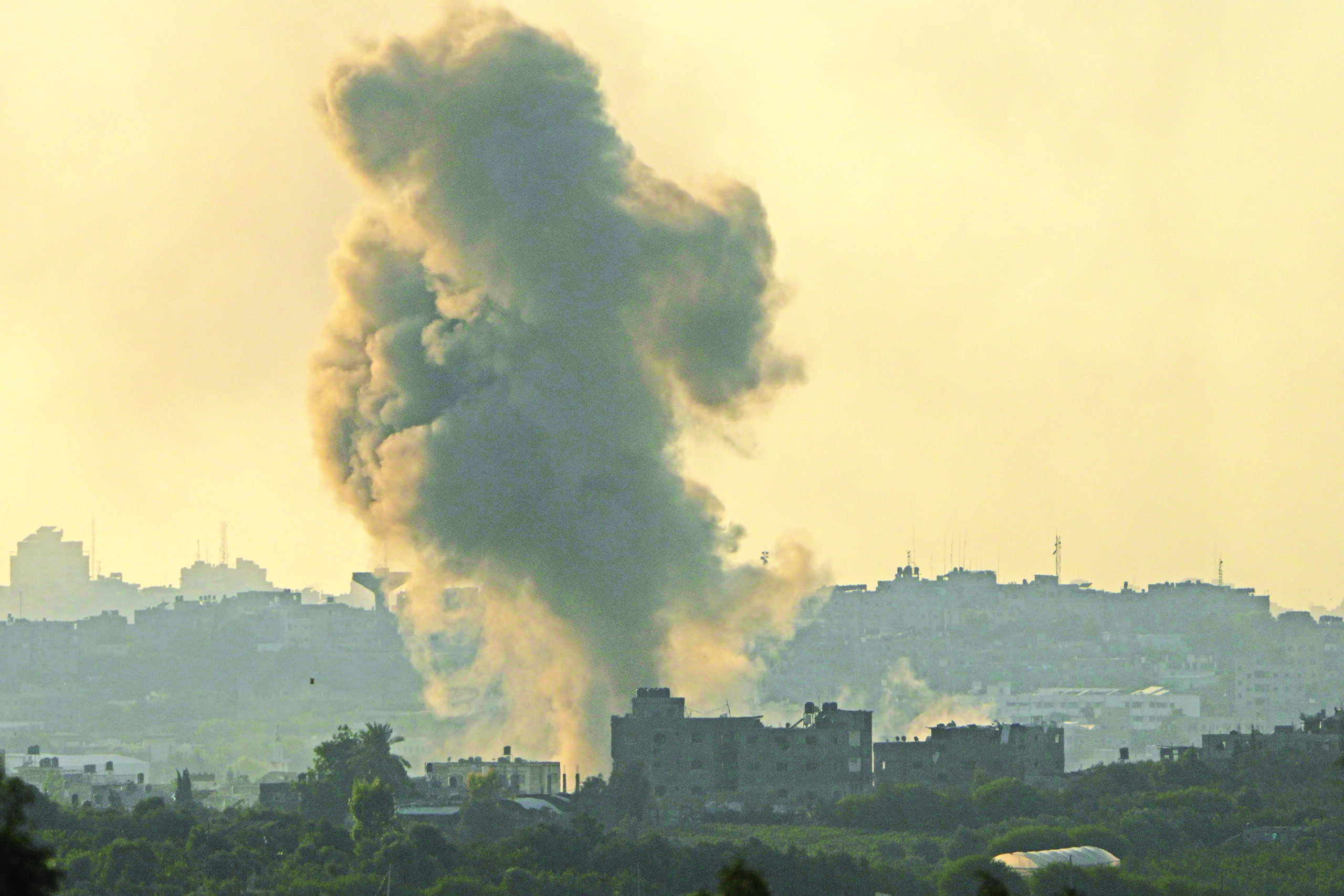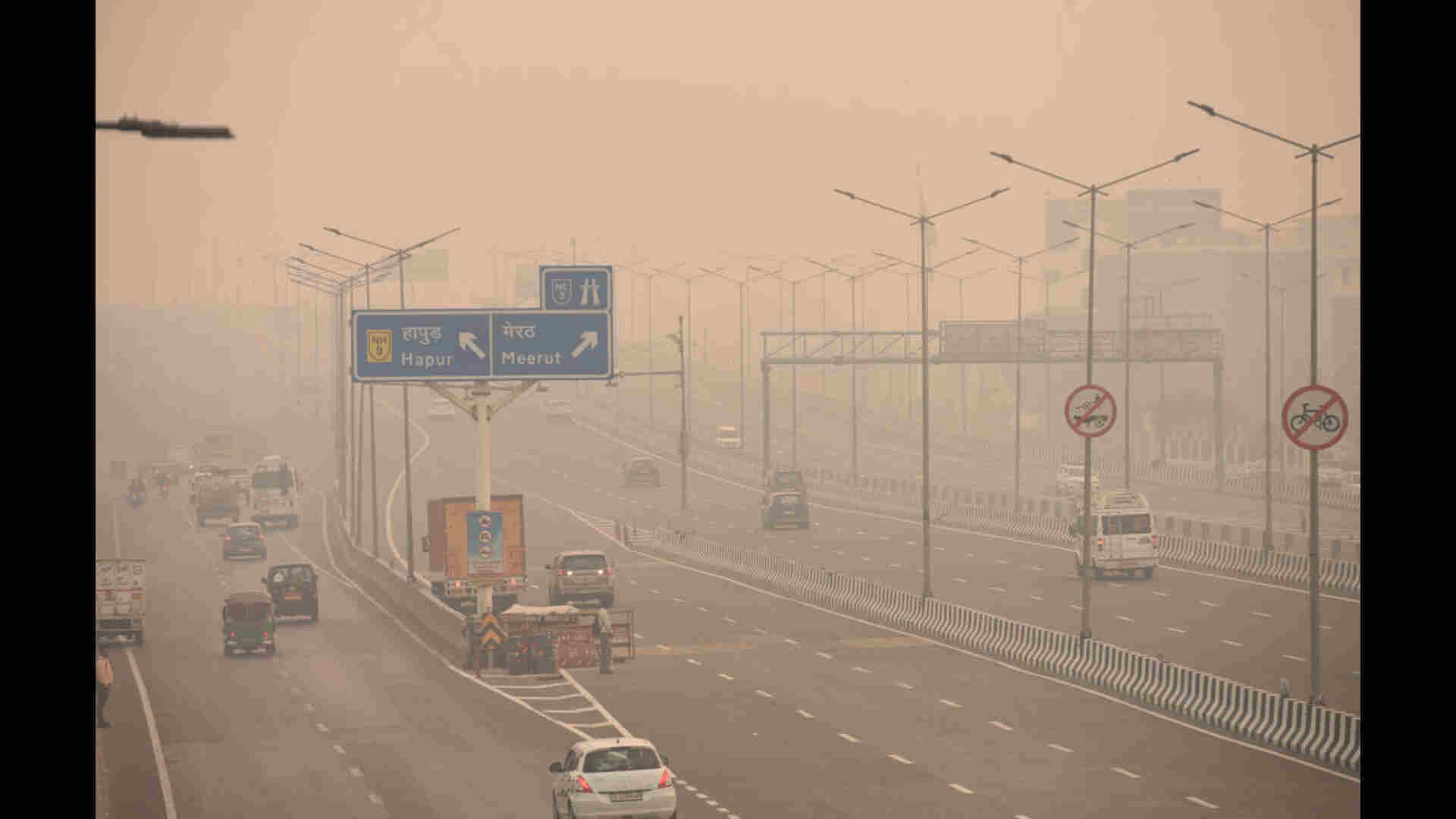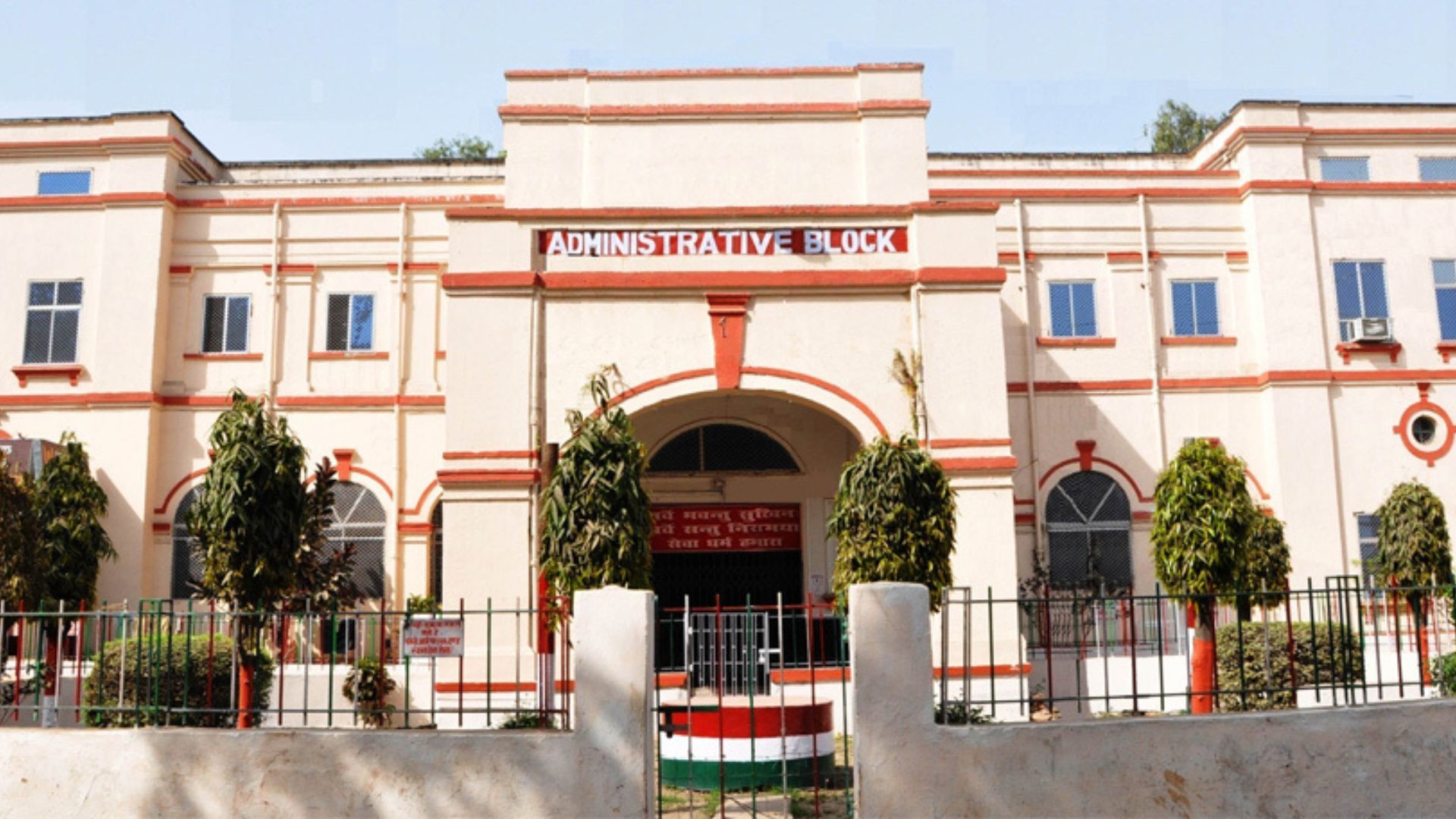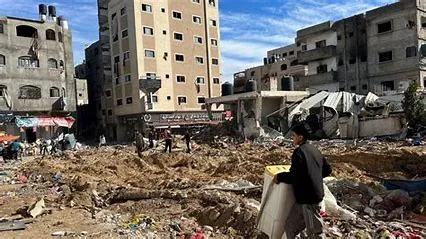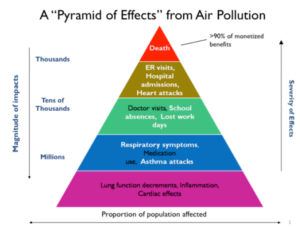
With the Air Quality Index (AQI) in several parts of Delhi-NCR breaching the ‘severe’ category, doctors and health experts advised people to travel only when necessary saying that the thick layer of smog hanging over the city air was having an adverse effect on the internal organs of the human body.
Dr. Nikhil Modi, Senior Consultant, Respiratory Critical Care Sleep Medicine, at Apollo Hospital, said, “We are in that time of the year where pollution has started to increase once again. The number of patients with breathing problems has gone up significantly. More people are complaining of cough, cold, water and irritation in their eyes, and breathing problems. People across all age groups are being affected. The time has come for us to use masks. The people should exercise caution and go out only when required.”
Also voicing concerns over the declining air quality in the national capital, Dr. Dhiren Gupta, a senior paediatrician at Sir Ganga Ram Hospital, told ANI, “Pollution and the deteriorating air quality are going to impact the paediatric age group more than adults. If a pregnant mother is exposed to declining air quality, there’s every chance that her newborn will develop allergies later in life.”
“Nowadays, every road feels like a smoking zone. It not only affects patients who are allergic or have asthma but also those who don’t have any medical condition. People should try and avoid going out early in the morning or late in the evening as the pollution levels are at their highest at that time. They should wear N95 masks and also take cautionary steps amid the declining air quality,” the doctor added.
High levels of air pollution could lead to respiratory problems, such as coughing, wheezing, and exacerbation of pre-existing conditions such as asthma and chronic obstructive pulmonary disease (COPD), informed Dr Ravi Shekhar Jha, Director and HOD, Pulmonology, Fortis Escorts in Faridabad.
Dr Ravi informed further that air pollution is associated with cardiovascular diseases, infections, premature mortality, cognitive impairment, adverse pregnancy outcomes, and mental health issues.
“Air pollution is also associated with cardiovascular problems. It even raises the risk of heart diseases, including heart attacks and hypertension. Prolonged exposure to polluted air can lead to a decline in lung function, particularly in children and the elderly,” the doctor added.
The doctor stated further that pregnant women exposed to air pollution may be at a higher risk of adverse pregnancy outcomes, including preterm birth and low birth weight.
Poor air quality can also contribute to stress and anxiety, affecting the mental well-being of residents, he added.
The air quality in the national capital turned ‘severe’ on Friday morning with Mundka recording the highest Air Quality Index at 498.
With Delhi NCR experiencing high levels of Air Quality Index (AQI), children are likely to develop asthma and upper respiratory allergies, said Dr Anant Mohan, Professor and Head, Department of Pulmonary, All India Institute of Medical Sciences (AIIMS), New Delhi.
As per the Central Pollution Control Board (CPCB), the AQI in the Lodhi Road area was recorded at 438, Jahangirpuri at 491, and RK Puram area and IGI Airport (T3) at 486 and 473 respectively.
The Air Quality Index (AQI) is a tool for effective communication of air quality status to people in terms that are easy to understand. It transforms complex air quality data on various pollutants into a single number (index value), nomenclature, and colour.
Amid mounting concerns over the declining air quality, the Delhi government on Thursday ordered all government and private primary schools to remain shut for the next two days.
In the wake of the worsening air quality, the Commission for Air Quality Management (CAQM) invoked the third stage of the Graded Response Action Plan (GRAP) on Thursday.
As the Air Quality Index (AQI) in several parts of Delhi-NCR is reeling under the ‘severe’ category, the number of people with respiratory and other problems has increased in the national capital.
Q-1 Should the use of electric vehicles be mandated in Delhi’s public transport to combat pollution?
A-yes: 88.53%
B-no: 13.99%
C-Can’t say: 2.48%
Q-2 Are you thinking of buying an electric car or two-wheeler?
A-yes: 36.62%
B-no: 62.13%
C-Can’t say: 1.25%
Q-3 Should compensation be provided to farmers for refraining from burning stubble?
A-yes: 65.43%
B-no: 23.45%
C-Can’t say: 11.12%
Q-4 What do you consider to be the biggest problem in everyday life in Delhi?
A-Traffic: 30.45%
B- Water: 4.11%
C- Pollution: 41.56%
D- Garbage: 16.04%
E-other: 7.84%
Q-5 Do you see the Supreme Court as your last hope in the fight against pollution?
A-yes: 55.96%
B-no: 33.76%
C-Can’t say: 10.28%
